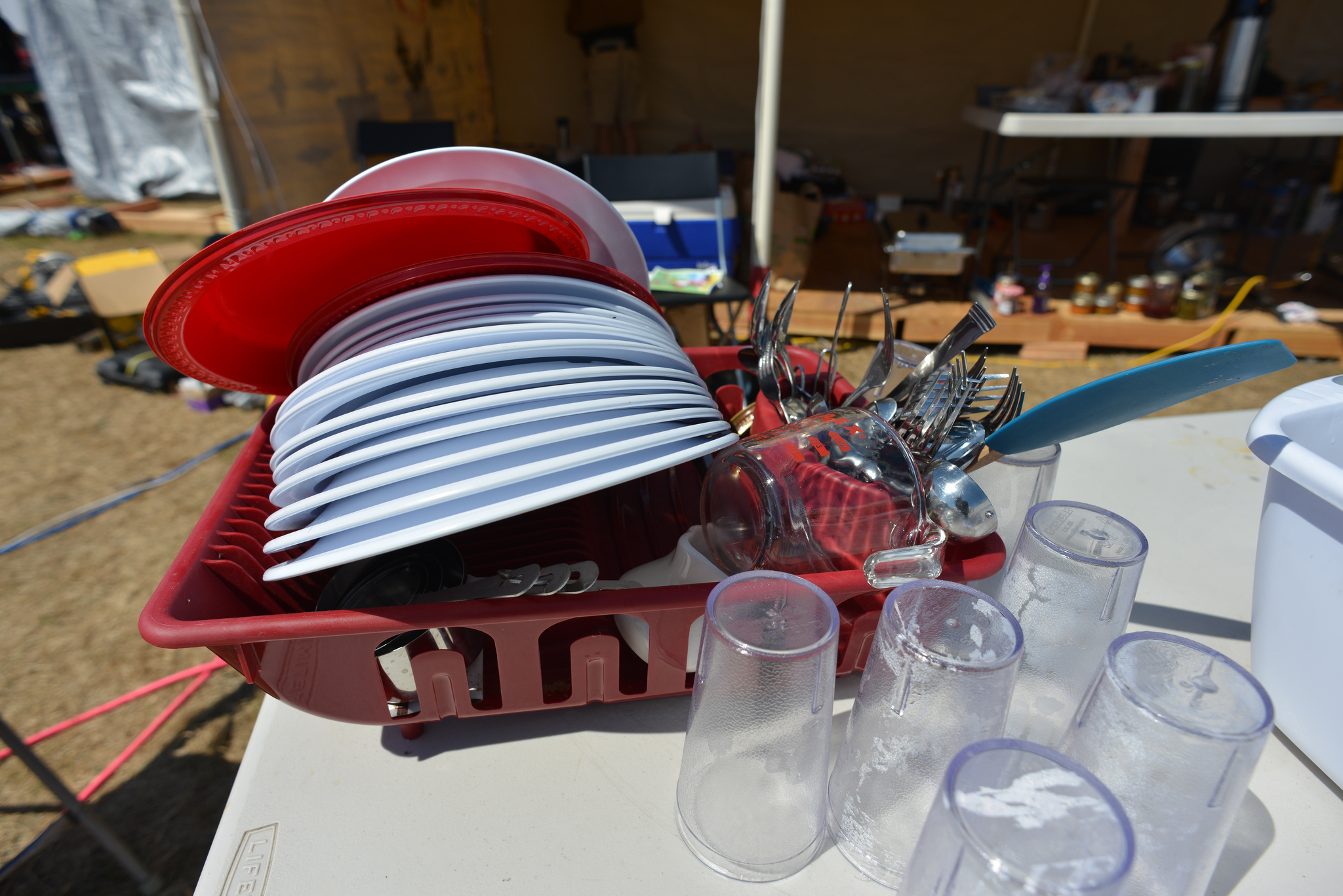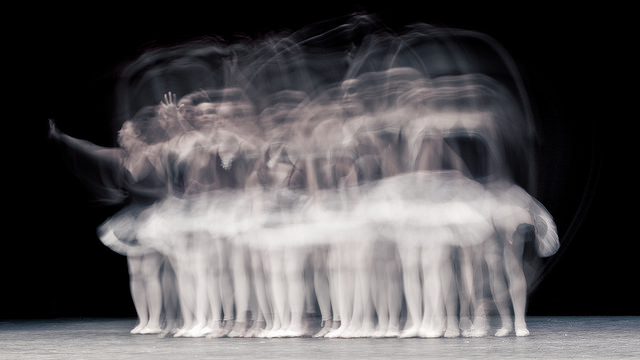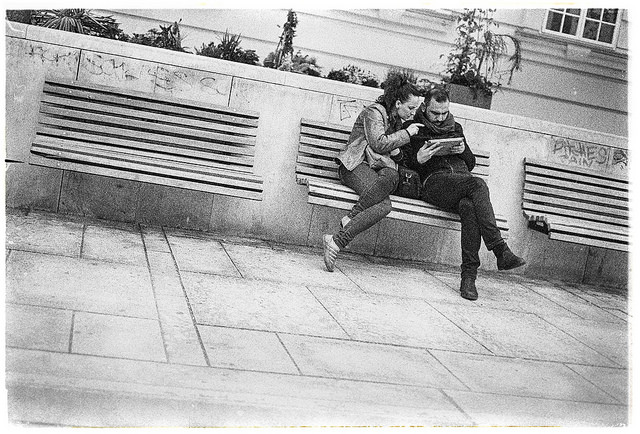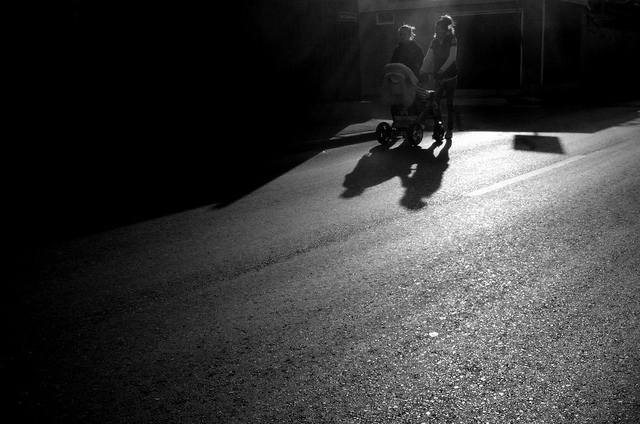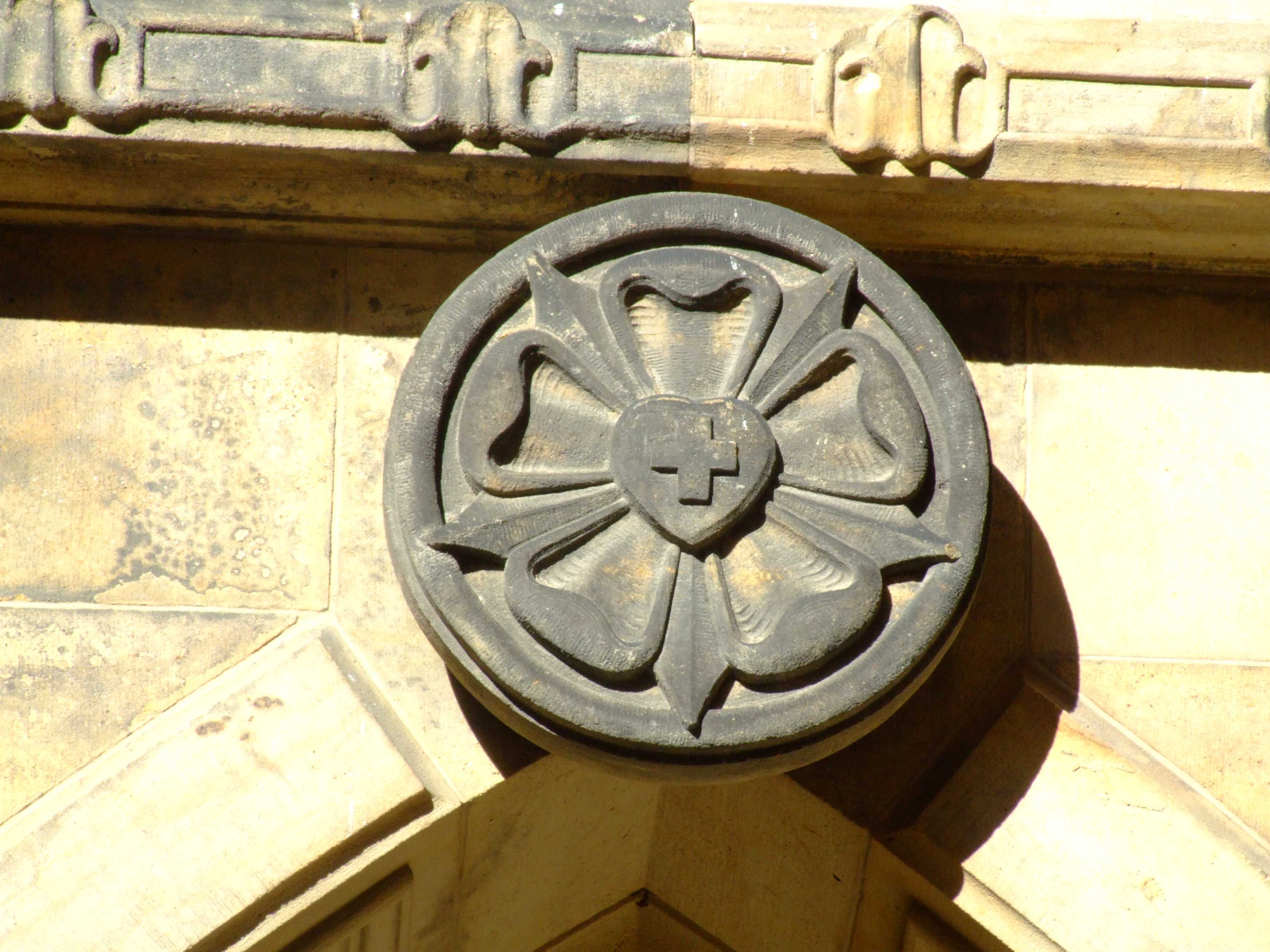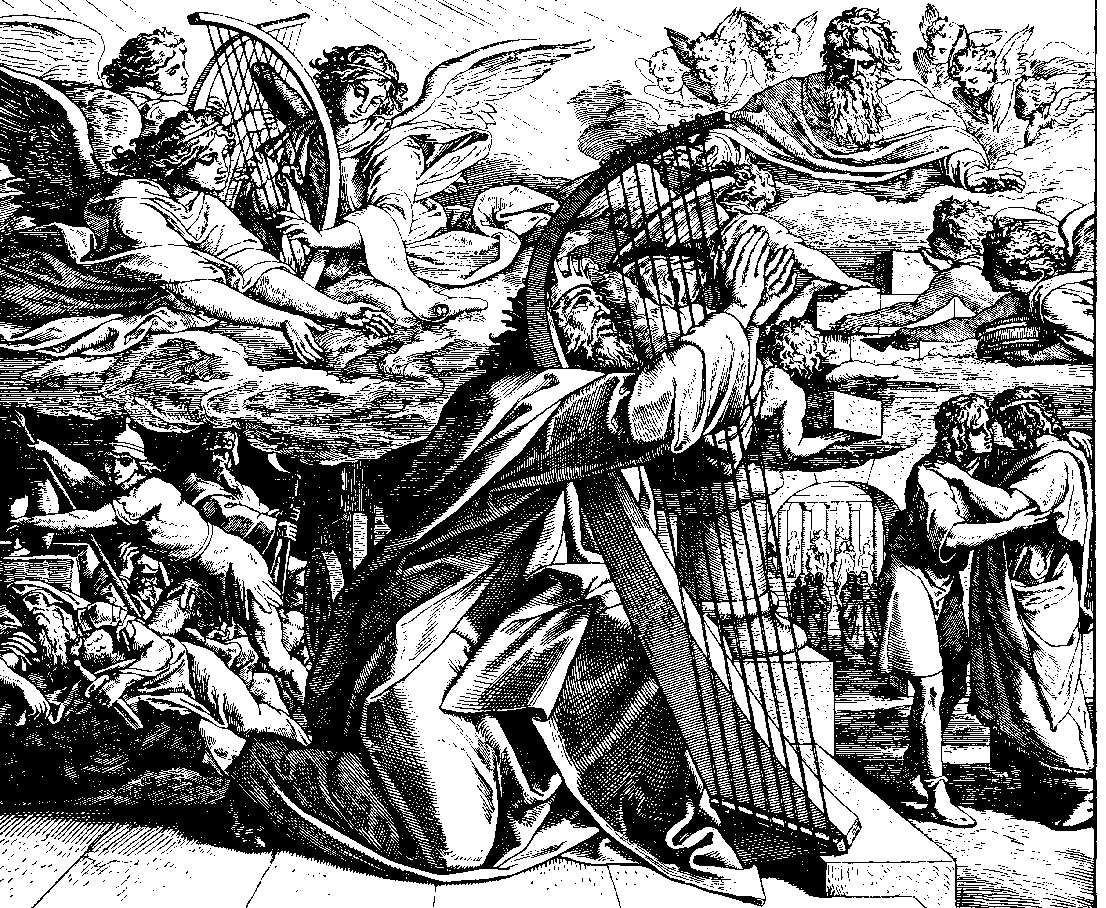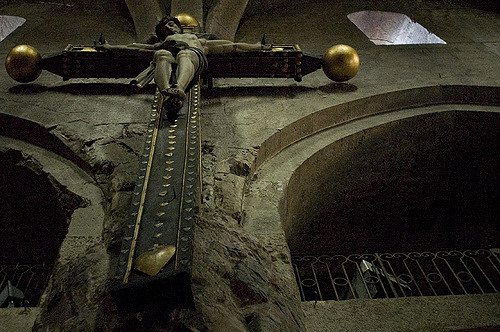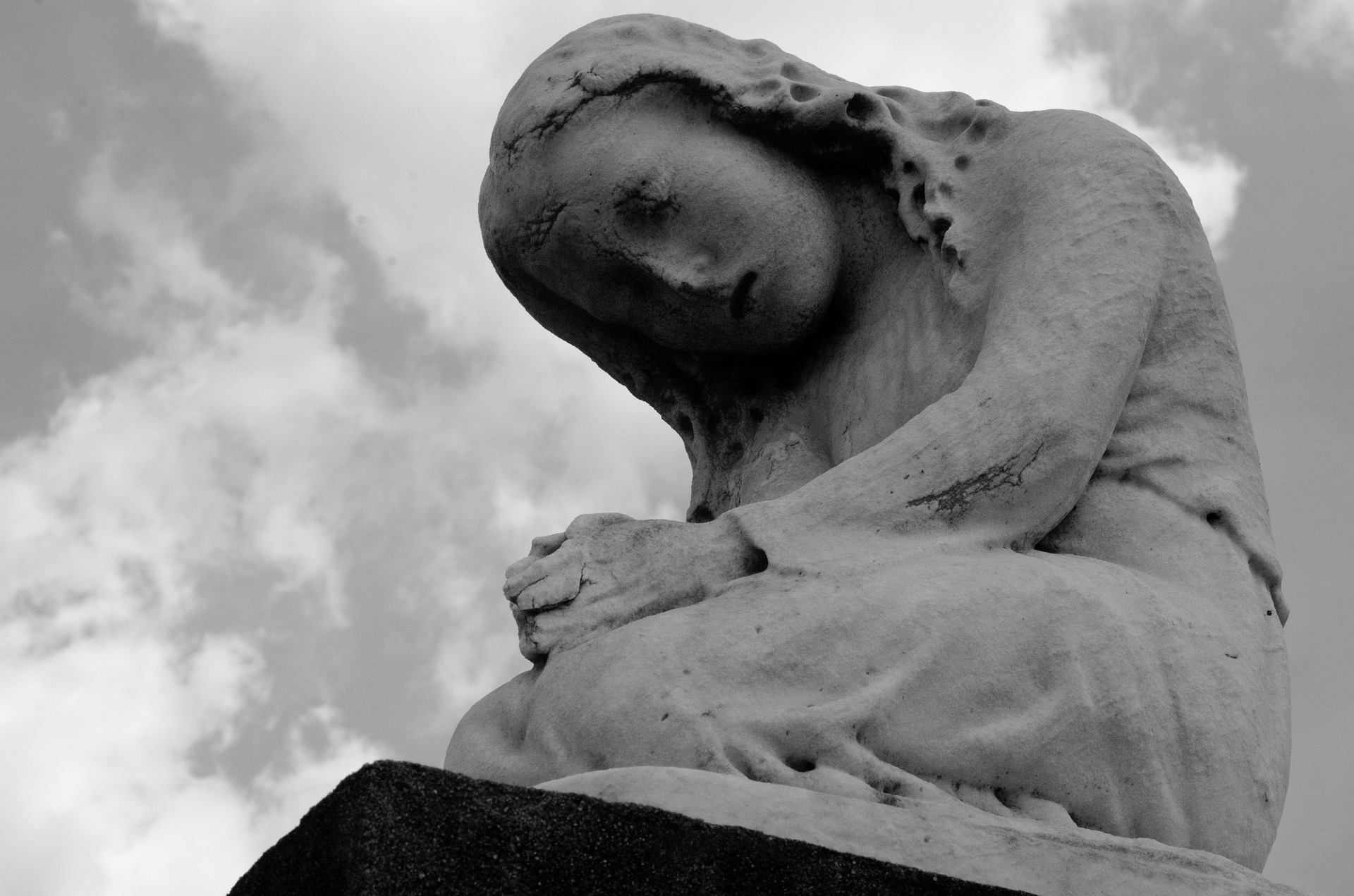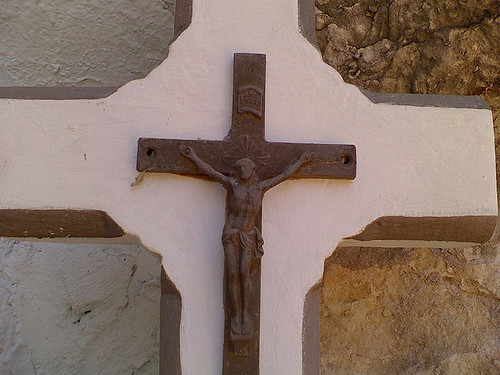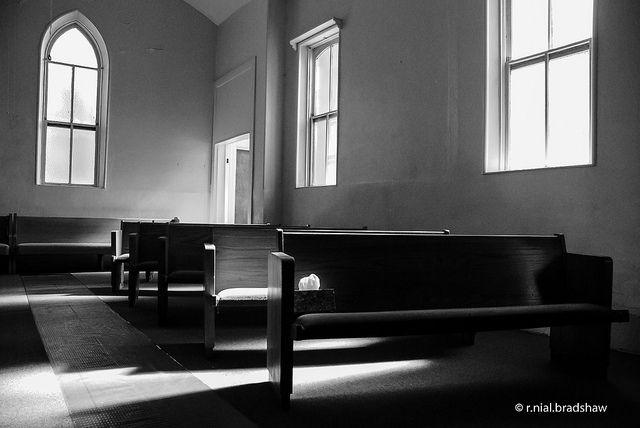-
Smalcald Articles– Part III, Article II. Of the Law
Part III, Article II. Of the Law 1] Here we hold that the Law was given by God, first, to restrain sin by threats and the dread of punishment, and by the promise and offer of grace and benefit. But all this miscarried on account of the wickedness which sin has wrought in man. 2] For thereby a part [some] were rendered worse, those, namely, who are hostile to [hate] the Law, because it forbids what they like to do, and enjoins what they do not like to do. Therefore, wherever they can escape [if they were not restrained by] punishment, they [would] do more against the Law than before.…
-
Smalcald Articles– The Third Part
THE THIRD PART OF THE ARTICLES. Concerning the following articles we may [will be able to] treat with learned and reasonable men, or among ourselves. The Pope and his [the Papal] government do not care much about these. For with them conscience is nothing, but money, [glory] honors, power are [to them] everything. Part III, Article I. Of Sin 1] Here we must confess, as Paul says in Rom. 5:12, that sin originated [and entered the world] from one man Adam, by whose disobedience all men were made sinners, [and] subject to death and the devil. This is called original or capital sin. 2] The fruits of this sin are…
-
Smalcald Articles– The Second Part,
Part II, Article II: Of the Mass. 1] That the Mass in the Papacy must be the greatest and most horrible abomination, as it directly and powerfully conflicts with this chief article, and yet above and before all other popish idolatries it has been the chief and most specious. For it has been held that this sacrifice or work of the Mass, even though it be rendered by a wicked [and abandoned] scoundrel, frees men from sins, both in this life and also in purgatory, while only the Lamb of God shall and must do this, as has been said above. Of this article nothing is to be surrendered or…
-
The Smalcald Articles– The Second Part
THE SECOND PART Treats of the Articles which Refer to the Office and Work of Jesus Christ, or Our Redemption. Part II, Article I: The first and chief article. 1] That Jesus Christ, our God and Lord, died for our sins, and was raised again for our justification, Rom. 4:25. 2] And He alone is the Lamb of God which taketh away the sins of the world, John 1:29; and God has laid upon Him the iniquities of us all, Is. 53:6. 3] Likewise: All have sinned and are justified without merit [freely, and without their own works or merits] by His grace,through the redemption that is in Christ Jesus, in…
-
Smalcald Articles- The First Part
Treats of the Sublime Articles Concerning the Divine Majesty, as: I. That Father, Son, and Holy Ghost, three distinct persons in one divine essence and nature, are one God, who has created heaven and earth. II. That the Father is begotten of no one; the Son of the Father; the Holy Ghost proceeds from Father and Son. III. That not the Father nor the Holy Ghost but the Son became man. IV. That the Son became man in this manner, that He was conceived, without the cooperation of man, by the Holy Ghost,and was born of the pure, holy [and always] Virgin Mary. Afterwards He suffered, died, was buried, descended…
-
The Smalcald Articles- Preface
Sisters– if you’ve been here for some time you might have noticed that on the weekend I run the Book of Concord instead of our normal blog posts. Today we start a new section– the Smalcald Articles. If you’ve never read through the Book of Concord before, this is a great time to join us! If you have, it’s a great time to dip back in for a refresher. And with that said– here’s the Preface. 1] Since Pope Paul III convoked a Council last year, to assemble at Mantua about Whitsuntide, and afterwards transferred it from Mantua, so that it is not yet known where he will or can…
-
Article XXVII: (XIII): Of Monastic Vows– Part 2
34] Thus those who teach that the monastic life merits the remission of sins or eternal life, and transfer the confidence due Christ to these foolish observances, altogether suppress the Gospel concerning the free remission of sins and the promised mercy in Christ that is to be apprehended. Instead of Christ they worship their own hoods and their own filth. But since even they need mercy, they act wickedly in fabricating works of supererogation, and selling them [their superfluous claim upon heaven] to others. 35] We speak the more briefly concerning these subjects, because from those things which we have said above concerning justification, concerning repentance, concerning human traditions, it…
-
Article XXVII: (XIII): Of Monastic Vows
1] In the town of Eisenach, in Thuringia, there was, to our knowledge, a monk, John Hilten, who, thirty years ago, was cast by his fraternity into prison because he had protested against certain most notorious abuses. For we have seen his writings, from which it can be well understood what the nature of his doctrine was [that he was a Christian, and preached according to the Scriptures]. And those who knew him testify that he was a mild old man, and serious indeed, 2] but without moroseness. He predicted many things, some of which have thus far transpired, and others still seem to impend, which we do not wish…
-
Article XXIV (XII): Of the Mass, Part 3
And although our belief has its chief testimonies in the Epistle to the Hebrews, nevertheless the adversaries distort against us mutilated passages from this Epistle, as in this very passage, where it is said that every high priest is ordained to offer sacrifices for sins. Scripture itself immediately adds that Christ is High Priest, Heb. 5:5-6,10. The preceding words speak of the Levitical priesthood, and signify that the Levitical priesthood was an image of the priesthood of Christ. For the Levitical sacrifices for sins did not merit the remission of sins before God; they were only an image of the sacrifice of Christ, which was to be the one propitiatory…
-
Article XXIV (XII): Of the Mass- Part 2
What a Sacrifice Is, and What Are the Species of Sacrifice. [Now, lest we plunge blindly into this business, we must indicate, in the first place, a distinction as to what is, and what is not, a sacrifice. To know this is expedient and good for all Christians.] 16] Socrates, in the Phaedrus of Plato, says that he is especially fond of divisions, because without these nothing can either be explained or understood in speaking, and if he discovers any one skilful in making divisions, he says that he attends and follows his footsteps as those of a god. And he instructs the one dividing to separate the members in…






